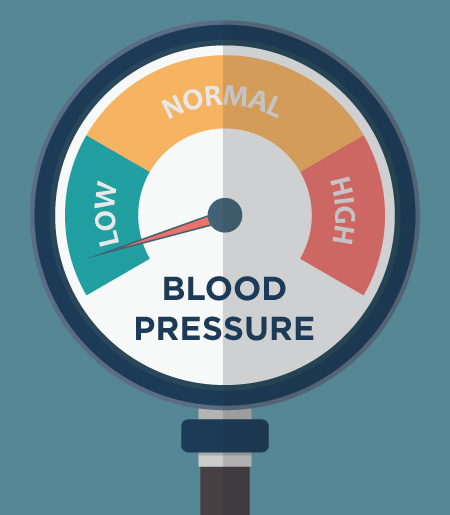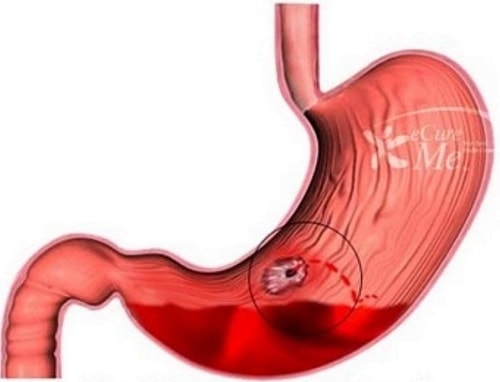Top 6 natural ingredients for anti-aging
Skin care for anti-aging is all about the ingredients. People often go for commercial anti-aging products; however, most people prefer natural ways of prolonging their aging process. While anti-aging ...

By Modern60
Published On March 27, 2024

Forskolin is a root extract considered a healthcare remedy for years. It is often used to manage asthma, glaucoma, and other health issues. While some of its effects have been studied, more research is required to understand and verify its impact. That’s why speaking to a doctor is vital before starting with such supplements. Further, learning about the known side effects of forskolin can help you make an informed decision.
While side effects can vary from person to person, some have noticed GI issues after taking forskolin. The issues are usually linked to high forskolin intake. Some believe that forskolin increases stomach acids, leading to changes in bowel movements, like loose stools. The increased acidity in the stomach may also cause heartburn, aches, nausea, and indigestion. The symptoms may be mild and go away on their own. However, if experiencing constant discomfort, speaking to a doctor is essential.
The side effects can be worse for those already dealing with GI issues, like stomach ulcers. So, it is vital to consult a doctor before taking supplements in such cases. Doctors can share the correct dosage or better options after considering present health issues.
Another side effect linked to forskolin is rapid heart rate. The sudden heart rate spike may cause shortness of breath, dizziness, and chest pain. Other side effects could be heart palpitations, fainting, and rapid pulse. Rapid heart rate could also lead to other issues, like fainting, heart problems, and blood clots. So, consider speaking to a doctor upon seeing any such issues.

Taking forskolin in the wrong doses, i.e., without consulting a doctor, could result in low blood pressure. This side effect can trigger other issues, like dizziness, nausea, blurred vision, pale skin, fatigue, and trouble focusing. A drastic drop in blood pressure may also prevent critical organs, like the brain and heart, from getting the oxygen they need. So, speaking to a doctor upon noticing signs of low blood pressure is vital for restoring heart rate.

Forskolin supplements are often used to manage glaucoma, a group of eye conditions. Forskolin may help relieve pressure in the eyes linked with these conditions. However, unchecked or high forskolin intake could have side effects like enlarged eye blood vessels. A doctor should examine this issue as soon as possible.

Forskolin can cause this side effect if undergoing treatment for blood clots. Further, treatment for high blood pressure can interfere with the effect of forskolin, increasing bleeding risk. So, it is crucial to share your complete health history with the doctor before taking supplements. That way, you can learn about all the risks and find better alternatives.
Forskolin may also cause headaches. Also, when inhaled, it can cause side effects like tremors, cough, restlessness, and irritation in the upper respiratory tract.
Note that forskolin and its effects need to be studied further. So, consider relying on a doctor’s advice to understand if this is the right option for you.
Apart from examining the risks of the supplement, it is vital to learn about the proper dosage and heed any warnings. This is because the quality and amount of active ingredients differ from product to product. Still, like most supplements, forskolin should be taken about 15 to 20 minutes before meals. Often, forskolin dosage instructions vary depending on health issues and desired results. The dosage can also vary based on the treatment history and doctor’s advice. The doctor could also suggest a suitable dose based on tolerance to all ingredients and age, among other factors. Also, forskolin must be kept out of children’s reach. Finally, speaking to a doctor is the key to finding relief if dealing with any side effects.
Many products available in stores today claim to have forskolin. However, the amount of forskolin in many of them is not regulated. So, the products may have a higher risk of side effects and even offer inferior results. So, to ensure you buy good quality products, choose those tested and certified by a reputable certifying body. Also, you should check if you are allergic to forskolin or other ingredients in the product. Finally, it would be best to read the label to ensure it does not claim that the product treats, cures, or prevents a health condition. As per the Food and Drug Administration (FDA), such claims are illegal.

Modern60 editorial team ensures that our content meets highest quality standards as per our editorial guidelines


Unlock expert insights and tips with our exclusive ebook. Enter your email to get your free copy.
Please check your email for a welcome message from Modern60. If it's not in your inbox, kindly check your spam or junk folder
There are no comments yet